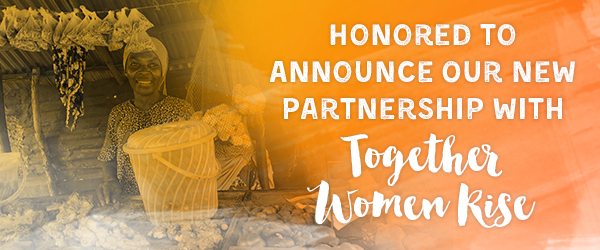Continuing our celebration of Women’s History Month, we focus this time on the women in history who have fought specifically for cultural and educational reform in developing countries – giving voices to those who had no representation. These women put their hearts into their work and their lives on the line in order to see the change they so desperately fought for.
Malala Yousafzai
Our youngest female to feature this month is the courageous and unstoppable Malala Yousafzai of Pakistan. By the humbling age of 11, she began writing blogs under a pseudonym for the BBC Urdu, describing her life under Taliban rule. She detailed the military occupation, and how the coup had intervened in Pakistan. She became an activist for female education, using national and international media to promote her message of equal education. She later gained prominence and popularity, having documentaries filmed about her, and her message., but at the age of 15, a member of the Taliban attempted to assassinate her. After being in critical condition for weeks, Malala made a remarkable recovery, earning her the title, “the most famous teenager in the world.” Since her recovery, Malala has begun working even harder in her efforts to shed light on the education disparity in the world. She valued the importance of her experiences, saying bravely, “I tell my story, not because it is unique, but because it is not. It is the story of many girls.”
Despite her young age, she has the wisdom to speak about the lack of opportunities and the systematic oppression of millions of girls worldwide, arguing, “I raise up my voice – not so I can shout but so that those without a voice can be heard…we cannot succeed when half of us are held back.” In 2014, Malala went on to become the youngest ever recipient of the Nobel Peace Prize, for her outstanding work and immense bravery. She so eloquently stated, “If one man can destroy everything, why can’t one girl change it?”
Graça Machel
Another champion of girls’ education and rights is Graça Machel, a Mozambican politician and humanitarian. The widow of former South African president, Nelson Mandela, Machel is a member of the Africa Progress Panel (APP), a group of distinguished individuals who advocate at the highest levels for equitable and sustainable development in Africa. Later becoming the Minister for Education and Culture, Machel began focusing on the underrepresentation of children in the world, and how their voice was the last to be heard. Machel raised awareness about the scourge of early childhood marriage, female genital mutilation, and other practices that keep girls from reaching their fullest potential. She argued, “In childhood and adolescence, too many girls are undernourished, stunted, denied education and forced into early marriages.” Her work later earned her and her husband the World’s Children’s Prize, and she continues to fight for children to this day.
Phumzile Mlambo-Ngcuko
A powerhouse in the fight for worldwide educational change is Phumzile Mlambo-Ngcuko, a South African humanitarian and advocate for job development for young women within the UN. As the Under-Secretary-General of the United Nations and the Executive Director of UN Women, her work focuses on the hardships felt by young women in these developing countries, and the lack of opportunities facing them and holding them back. She understands the positive ramifications that would come from this movement, saying, “There is no great force for change, for peace, for justice and for democracy, for inclusive economic growth than a world of empowered women…Equality for women is equality for all.” She understood that the first step in reversing this way of life was to start the conversation in the first place, saying, “Achieving gender equality is about disrupting the status quo – not negotiating it.” With her contributions and steadfast approach, Phumzile worked tirelessly to promote development education in Africa, Asia, and the Middle East. Her efforts are still felt to this day.
These dynamic women valued the leveling of the genders and their respective degrees of inherent power. They called for the inclusion of fairness, equal opportunity, and a destruction of the current gender roles. Without their contributions, women would not be where they are today.

